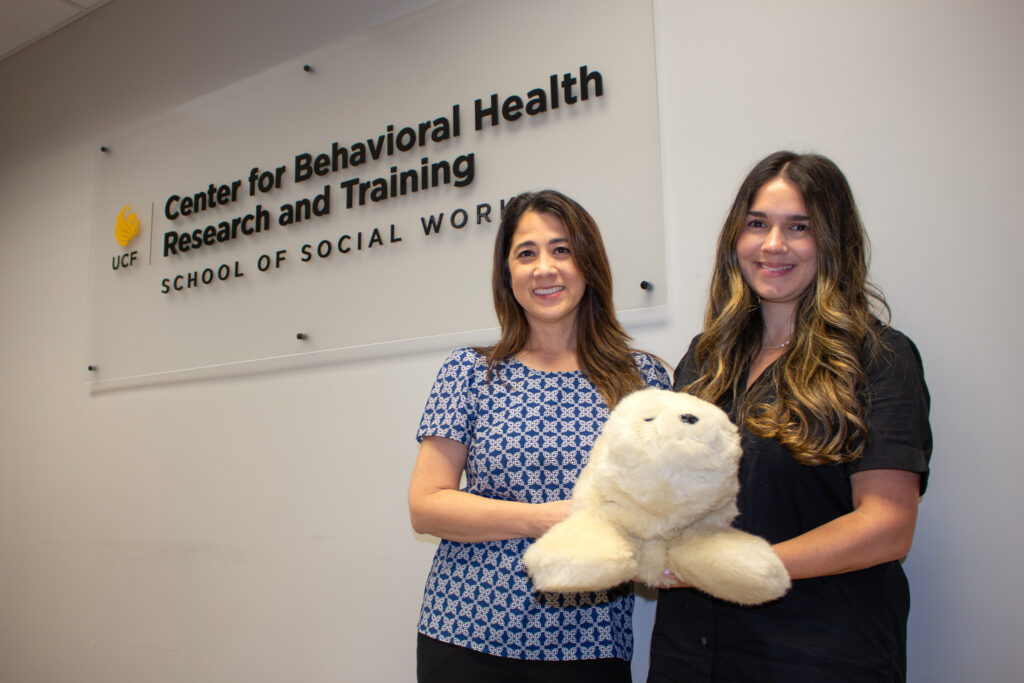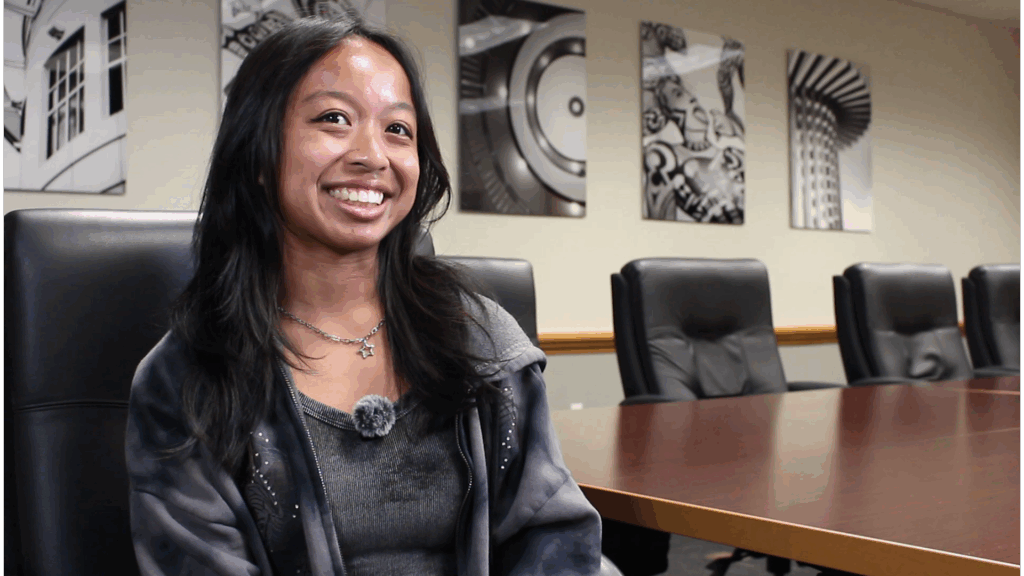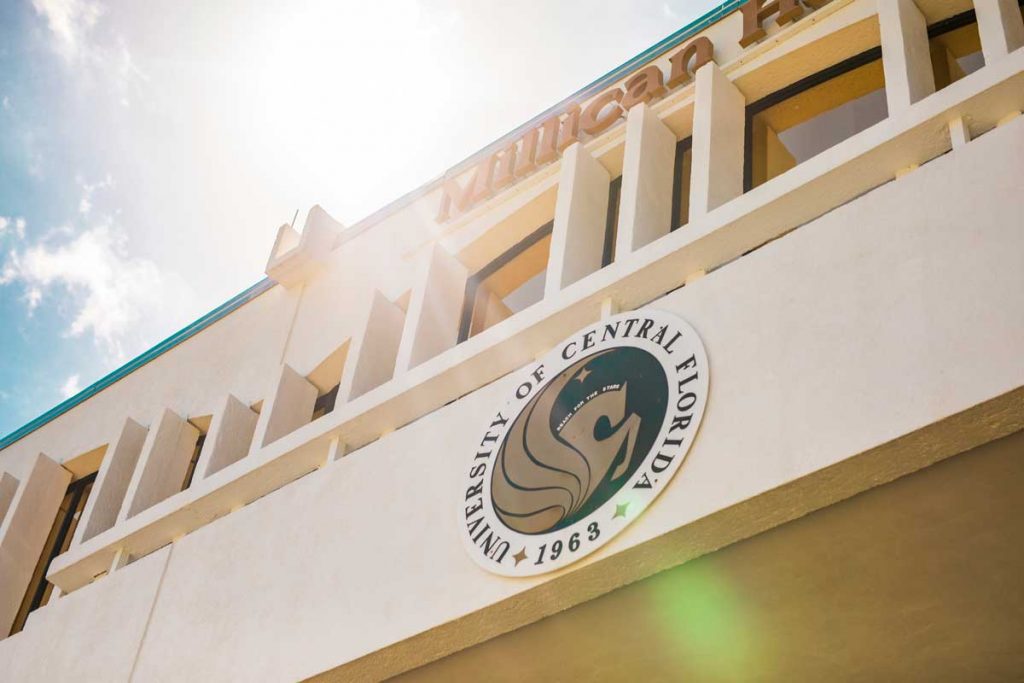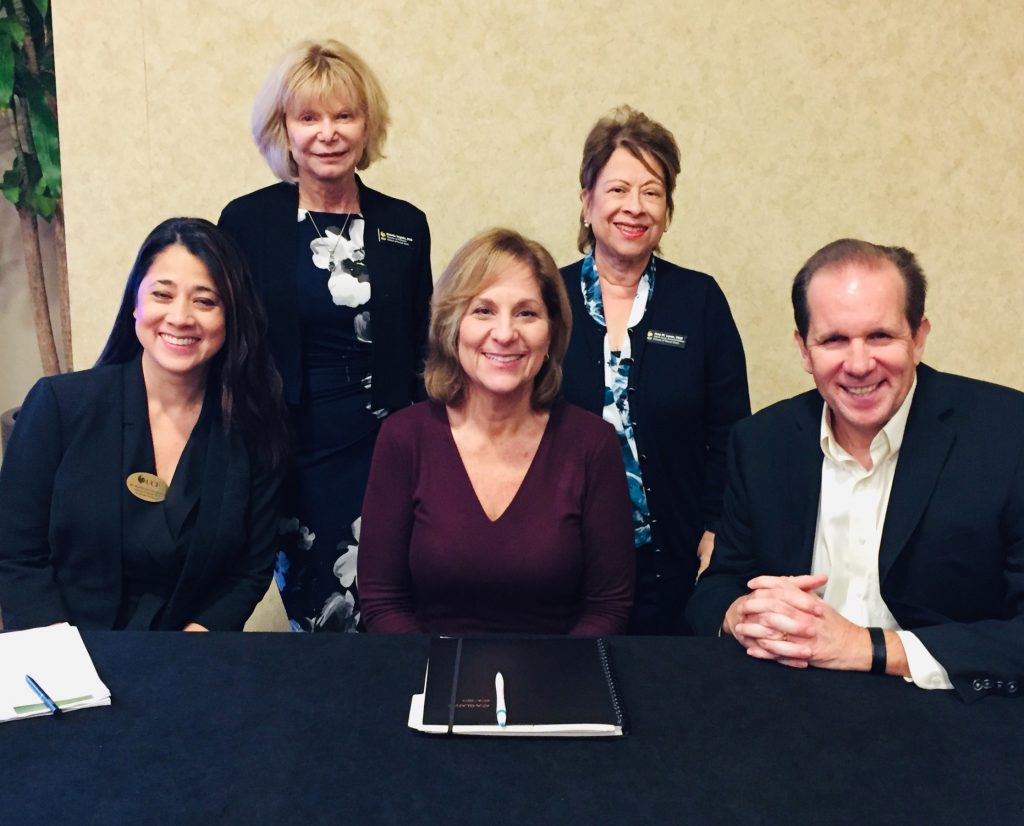
Experts from UCF’s School of Social Work and the community gathered this week for a panel discussion focused on understanding suicide and its prevention.
“Suicide is among the leading causes of death in the United States — and youth, older adults and military veterans are among the most susceptible,” said school Director Bonnie Yegidis in opening remarks.
Some 40 students, faculty and staff members, and local agency members gathered to learn about these at-risk populations at the Oct. 30 event at UCF.
Assistant Professor Kim Gryglewicz was the first speaker. She is a federally funded researcher who has spent the past 15 years studying suicide, and like many, she has been personally affected, having lost two cousins to suicide.
“Suicide is a topic we don’t talk about but we need to,” Gryglewicz said.
In Florida, the rate of suicide has increased by 24 percent in the past decade, she said. In a 2017 study, nearly 28 percent of Florida high school students reported feeling sad and hopeless, and nearly 8 percent attempted suicide. “These are probably underestimates,” she added.
Young adults facing multiple stressors are most at risk, according to Gryglewicz. Stressors include exposure to trauma, being victimized, belonging to a sexual or gender minority group, being involved in the child welfare or juvenile justice system, and having a clinical impairment.
Gryglewicz said individuals considering suicide may not talk about it because they’re afraid of what will happen, concerned how others will react, think things might get better, or don’t know what to say or how to get help. Health professionals may not talk about suicide because of lack of knowledge or negative attitudes.
Associate Professor Jim Whitworth spoke about suicide and the military. He served as a clinical social worker and mental health officer in the U.S. Air Force for 21 years, and he has extensive experience in private practice.
“About 20 to 21 military members commit suicide every day,” he said, noting that this group includes veterans, those in active duty, and guardsmen and reservists. “This is a significantly higher rate than the general population.”
The majority of these deaths occur among veterans, a group with nearly 17 suicides a day.
Whitworth said a “potent mix of factors” underlies this crisis. For example, members of the military are more stoic and less likely to admit they are struggling, and they may face long wait times to get an appointment with a mental health provider because there are not enough providers to meet the need.
Other factors that increase the risk of suicide are Post-Traumatic Stress Disorder responses and mild traumatic brain injury – experienced by 15 to 25 percent of military members. In addition, those who are deployed multiple times and deployed for long times have a higher risk of suicide.
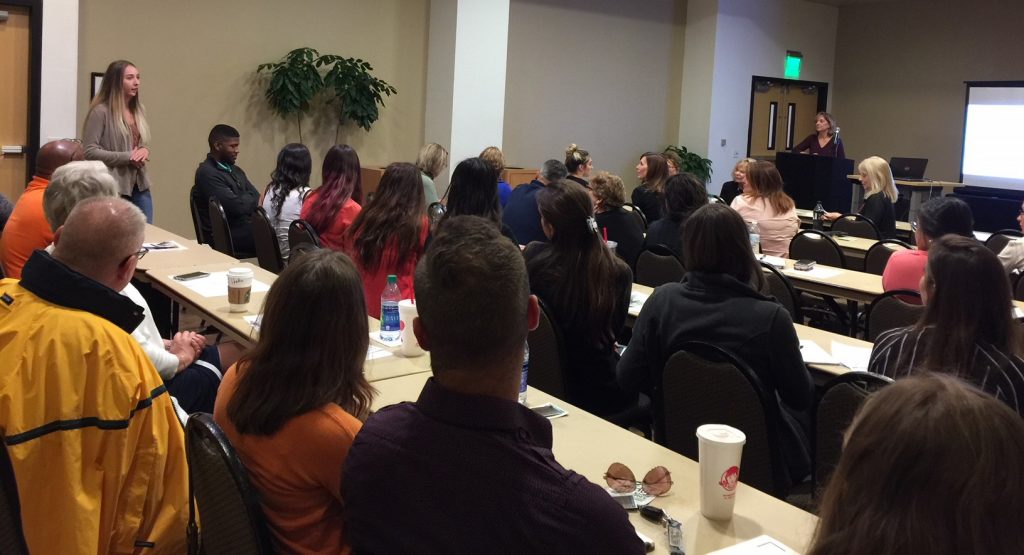
Julie Bilsky, a Licensed Clinical Social Worker at Florida Hospital’s Outlook Clinic in Orlando, discussed her experience both working with patients and supervising UCF social work graduate student interns at the clinic.
Outlook Clinic offers services for uninsured residents with anxiety or depression, or both, and a co-occurring medical condition. Many have applied for disability or are waiting, sometimes years, for a hearing on their disability application.
Bilsky said she has identified two types of patients. Some patients really do want to kill themselves; they appear depressed in the waiting room but act fine when they come into her office. “They don’t want you to interfere,” she said. Then there are patients who tell you that they think about suicide. “That tells me they want help,” she said.
“We must assess for suicide and homicide at the beginning,” she said. “And we must come from an assumption that they have a plan.”
Bilsky helps prepare her interns to conduct an assessment, but some are frightened at first and she is always on hand to step in and help. When they graduate, “they have a real handle on how to connect with the patient and find their ‘anchors,’” she said. (Anchors are the people or things in a patient’s life that keep them hanging on.)
All three speakers offered suggestions on how to help. They advised the attendees to seek opportunities to learn research-based approaches to screen for and prevent suicide. They also encouraged them to get involved in community activities and events that promote awareness of suicide screening methods and prevention.
Moreover, they said it is important to offer hope to those who are struggling.
“Actively listen, convey that you care, and promote hope,” Gryglewicz said. “Then connect them with care.”
Faculty members Gryglewicz and Whitworth provided resources in their PowerPoint presentations (click on links to view slides).
School Director Yegidis and Interim Associate Director Ana Leon helped coordinate the event, which offered Continuing Education Credits to social work professionals in the community.




